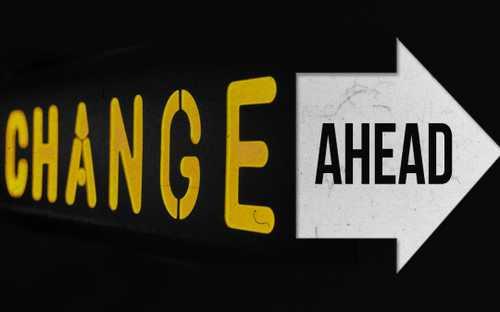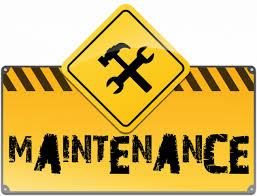Why Is Change So Hard?
Curated from: psychologytoday.com
Ideas, facts & insights covering these topics:
5 ideas
·4.04K reads
6
Explore the World's Best Ideas
Join today and uncover 100+ curated journeys from 50+ topics. Unlock access to our mobile app with extensive features.
Pre-Contemplation
In this stage of change, individuals are aware of the behavioral change they desire; however, they have no conscious intention of altering their behavior. They may be strongly influenced by pressure from others who are aware of their problems.
Instilling motivation towards change within is key in this stage. This can be done by educating oneself on the behavioral change that is up for debate.
540
1.05K reads
Contemplation
In this stage of change, an individual acknowledges the problem and begins an internal debate about pursuing change. A lot of time may be spent in this stage as many may not be ready to commit to changing.
People often get stuck in this stage going back and forth between measuring the benefits and costs of behavioral change. A thorough cost-benefit analysis followed by a troubleshooting session can be helpful here, especially if it is done in written form.
475
758 reads
Preparation
In this stage of change, individuals commit to the intention of changing in the immediate future and have accepted the costs and benefits. What determines the success of an individual in this stage is their commitment to exploring, planning and insuring.
Set up contracts with yourself, by setting specific measurable goals, and detailing how you will accomplish the task at hand, including contingencies in order to stay on track.
479
731 reads
Action
In this stage of change, individuals move from planning to doing and have been making significant behavioral changes for a while. Here we make substantial adjustments to our relationships, routines, environments, and perhaps even to ourselves in order to further the change we desire.
Continually reflect on the advantages of the commitment you have made, check in with your plans, be kind to yourself when you relapse and give yourself positive reinforcement.
489
785 reads
Maintenance
In this stage, the change has been established for the past six months and the threat of returning to old behaviors becomes less intense or frequent.
There is always a chance of relapsing to old behaviors and re-cycling through the stages, so it’s important to continue planning for events that may trigger it. Recalling what helped through previous stages, reflecting upon mistakes made and how to prevent them without over analyzing or judging will help here.
467
714 reads
IDEAS CURATED BY
Connor H.'s ideas are part of this journey:
Learn more about personaldevelopment with this collection
Ways to improve productivity
Strategies for reducing stress
Tips for managing email overload
Related collections
Similar ideas
Read & Learn
20x Faster
without
deepstash
with
deepstash
with
deepstash
Personalized microlearning
—
100+ Learning Journeys
—
Access to 200,000+ ideas
—
Access to the mobile app
—
Unlimited idea saving
—
—
Unlimited history
—
—
Unlimited listening to ideas
—
—
Downloading & offline access
—
—
Supercharge your mind with one idea per day
Enter your email and spend 1 minute every day to learn something new.
I agree to receive email updates





